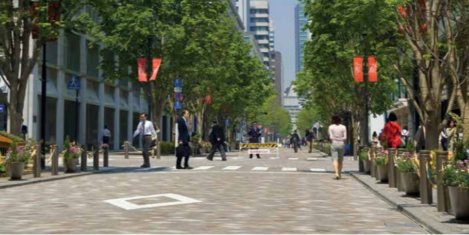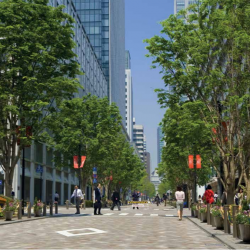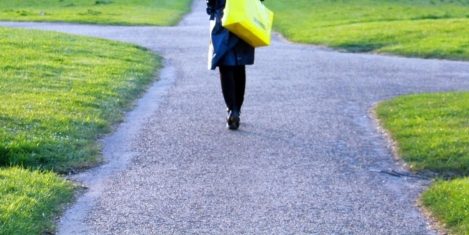March 21, 2022
Remote work one of the emergency measures that could cut energy use, says IEA
 In the face of the emerging global energy crisis triggered by Russia’s invasion of Ukraine, practical actions by governments and citizens in advanced economies and beyond can achieve significant reductions in oil demand in a matter of months, reducing the risk of a major supply crunch, according to new analysis released by the International Energy Agency. These efforts, including the uptake of remote work, would reduce the pain being felt by consumers around the world, lessen the economic damage, shrink Russia’s hydrocarbon revenues, and help move oil demand towards a more sustainable pathway, the IEA claims.
In the face of the emerging global energy crisis triggered by Russia’s invasion of Ukraine, practical actions by governments and citizens in advanced economies and beyond can achieve significant reductions in oil demand in a matter of months, reducing the risk of a major supply crunch, according to new analysis released by the International Energy Agency. These efforts, including the uptake of remote work, would reduce the pain being felt by consumers around the world, lessen the economic damage, shrink Russia’s hydrocarbon revenues, and help move oil demand towards a more sustainable pathway, the IEA claims.

























 A new
A new 








January 17, 2022
Is your office worth the journey it takes to get to it?
by Despina Katsikakis • Comment, Flexible working, Property